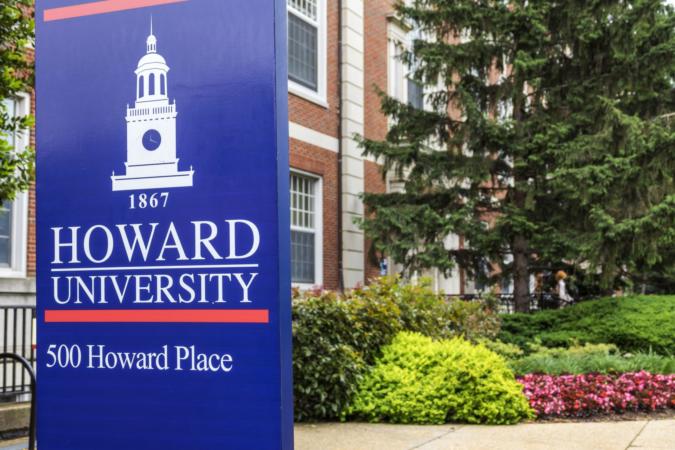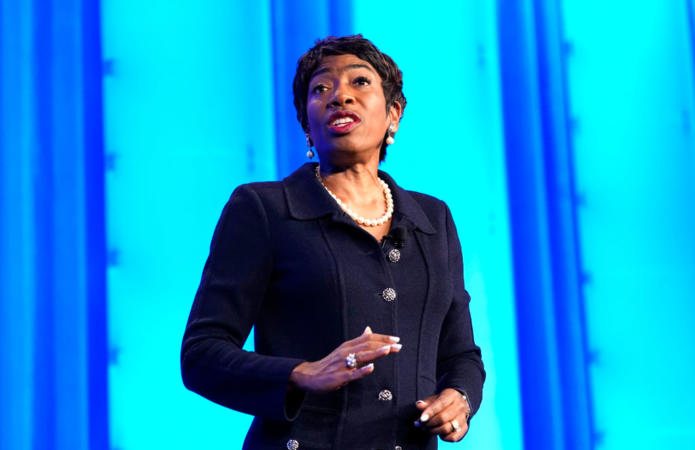Showing 3 results for:
Minority led businesses
Popular topics
All results

Minority entrepreneurs at Howard University (HU) will be getting some entrepreneurship training and support from this new program. The prominent HBCU is teaming up with the Inclusive Innovation Incubator (In3DC) and financial services tech provider Fiserv to launch the Inclusive Innovation Labs, a program dedicated to helping entrepreneurs of color launch and scale their businesses plans. The program will also be supported by the National Black Chamber of Commerce. The inaugural cohort will welcome 15 HU-affiliated ventures to a virtual program that includes a full day of pitch preparation, one-on-one coaching sessions and entrepreneurship workshops. In3DC will lead and provide the tailored training throughout the program. “We have been committed to serving the underrepresented and underserved communities,” said In3DC Founder and CEO Aaron Saunders in a statement. “In3DC was established to provide this type of programming with educational partners such as Howard University and...

Morgan Stanley recently released a study called “ The Trillion-Dollar Blindspot” showing that trillions of dollars are left on the table by venture capital (VC) firms who won’t invest in women and minority founders. “I think it’s important that people start to think to themselves that we could be in fact cheating our LPs if we don’t give ourselves full access to all of the opportunities that are out there,” Carla Harris, vice chairman at Morgan Stanley told Bloomberg’s Alix Steel on “Bloomberg Daybreak: Americas.” The report shows that only 17 percent and 18 percent of investors say they “very frequently” review startups and businesses led by women and minorities, respectively. “When VCs are thinking about investing they say ‘no’ in most cases to women and multicultural entrepreneurs is because the product or the process or the opportunity doesn’t fit,” Harris said. The study reports 46 percent of investors said traditional business sectors were a compelling factor when assessing a...

Minority-led businesses are thriving in California, according to a recent report from Lending Tree . Four California cities (San Francisco, San Jose, Los Angeles, and Sacramento) made it to the top 10 list of cities for minority-owned businesses. Washington, D.C., and Atlanta, which both have significant African American populations, were ranked third and ninth on the top 10 list, respectively. Photo: Lending Tree The Midwest is one of the worst regions for minority-owned businesses. Some of the region’s top cities including Cleveland, St. Louis, Milwaukee, and Detroit made their way to the bottom of the list. St. Louis came in the last place for the list of 50 cities. The report cites unregulated suburban development and discriminatory housing practices as factors for its dismal rates in long-term success for minority-owned businesses. Only 27.3 percent of these businesses last more than six years. Here’s Lending Tree’s full list of cities where minority-led businesses are succeeding.